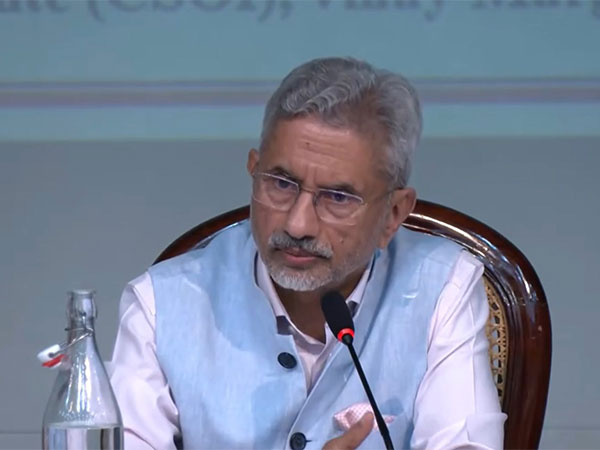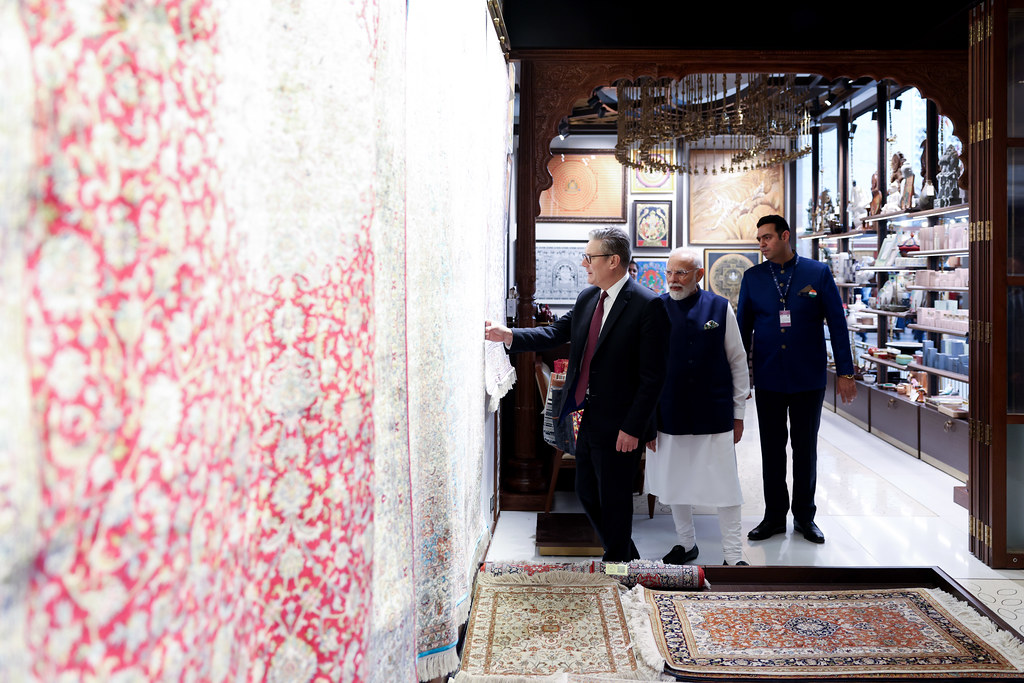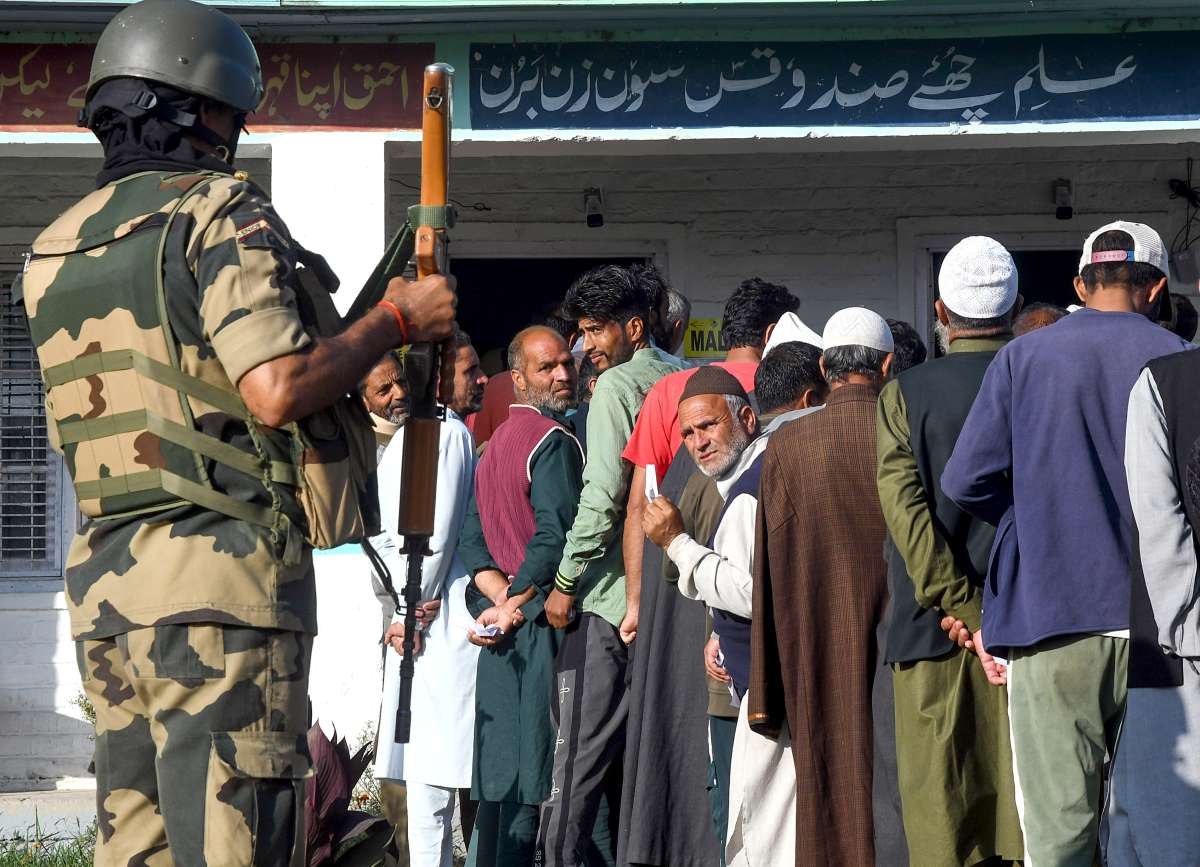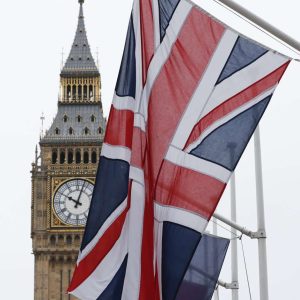The remarks by Jaishankar came while addressing an interactive session at The Conclave 2024 hosted by Pratidin Time in New Delhi….reports Asian Lite News
External Affairs Minister S Jaishankar on Saturday denied reports of China entering Arunachal Pradesh, and reaffirmed India’s robust patrolling of the Line of Actual Control (LAC).
The remarks by Jaishankar came while addressing an interactive session at The Conclave 2024 hosted by Pratidin Time in New Delhi.
On being asked about reports of China entering the Arunachal border in recent times, Jaishankar said, “China entered the border in 1959! What are you talking about?…”
He added, “What happens is, in Arunachal Pradesh, we are very robust in our patrolling of the LAC. And I can tell you that you know, in terms of our patrolling in the LAC, there’s has been no major change in the last five-ten years or maybe even longer.”
Notably, for decades, China has been claiming Arunachal Pradesh as its part. In April, China had released a list of 30 places in Arunachal Pradesh in a bid to assert its claim over India’s northeastern state. India had rejected such renaming of places by China, stating that assigning invented names will “not alter the reality that the state will always be an integral and inalienable part of India.”
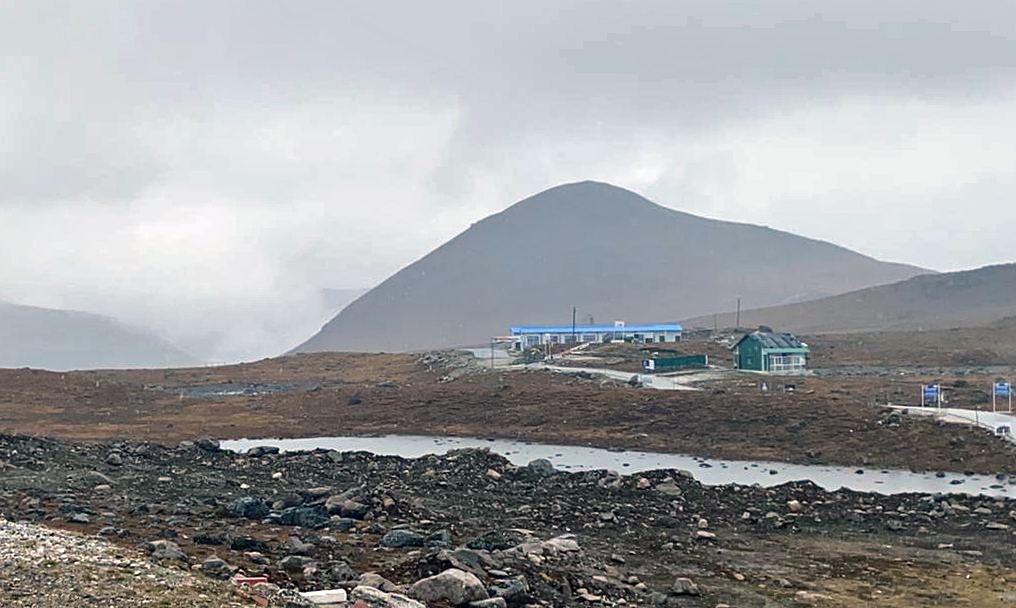
Jaishankar also spoke on bilateral ties with Bangladesh and said, “We are close neighbours… Our connections today are very, very deep. The movement of people between us is very, very large.”
He further said that foreign policy must be equipped to handle both, smooth and disruptive political transitions. “In every country, in politics, there are changes. Sometimes, the changes are smooth, sometimes the changes are disruptive. But to me, what foreign policy should do is to plan for this change. We need to build such a strong relationship that even if there are political changes, the relationship should be big enough, deep enough, important enough for it to absorb those changes,” Jaishankar said.
He added, “And I am very confident with Bangladesh that would be the case. There would be bumpy periods, there are issues there that may be of concern but at the end of the day, I am very confident that given how much this relationship has really developed in the last decade, we will be able to continue strongly and positively.”
Sheikh Hasina, the former Prime Minister of Bangladesh, fled to India on August 5 after being ousted from power. In the aftermath of Hasina’s resignation, Nobel laureate Muhammad Yunus was sworn in as the chief adviser of Bangladesh’s interim government.
On being asked about when India can expect a permanent seat in UNSC, Jaishankar said, “It’s a tough one because in a way, you can say an organisation was created. Five countries were given a very special position in that organisation, and those five countries have a lot of influence in that organisation also. Now, when you want to change it and you say ok, other than the five countries, who else would be included in that… All those countries don’t want to necessarily have more people on the table. It’s like boarding a Delhi bus, you get into the seat. You don’t want somebody else sharing the seat with you. So what they do is some of them at least have tried to slow down this process.”
He further said, “The second is out of the balance of 188, you have to agree how does it get reformed? Not only which country will go there, but how many countries will go there? What will be the system? What will be the other changes which will happen? So it is a very complicated negotiation, but I will say this, that this year in the UN, we had something called the pact of the future. Okay, this decade, what should we try to achieve and more and more countries today accept that they should be changing. I would say more and more countries also accept that in that change, India should be one of the countries. I mean, I can see our acceptance growing. I may be in the fifth decade of my business, but I can tell you even 15 years ago, that kind of acceptance was not held. It has changed, but we are still not there. It will require more work, more push, more persuasion, and more negotiation,” he added.
Notably, India has long sought a permanent seat in the Security Council to better represent the interests of the developing world. The nation’s quest gained momentum with support from the international community during the 79th session of the United Nations General Assembly last month.
The UNSC is composed of 15 member states, including five permanent members with veto power and ten non-permanent members elected for two-year terms. The five permanent members of the UNSC include China, the United Kingdom, France, Russia, and the United States. The non-permanent members of the United Nations Security Council are elected for 2-year terms by the UNGA. (ANI)
ALSO READ: Partners raise aid at UN donor’s conference for Afghanistan


